10. The Man Who Wasn’t There (2001)
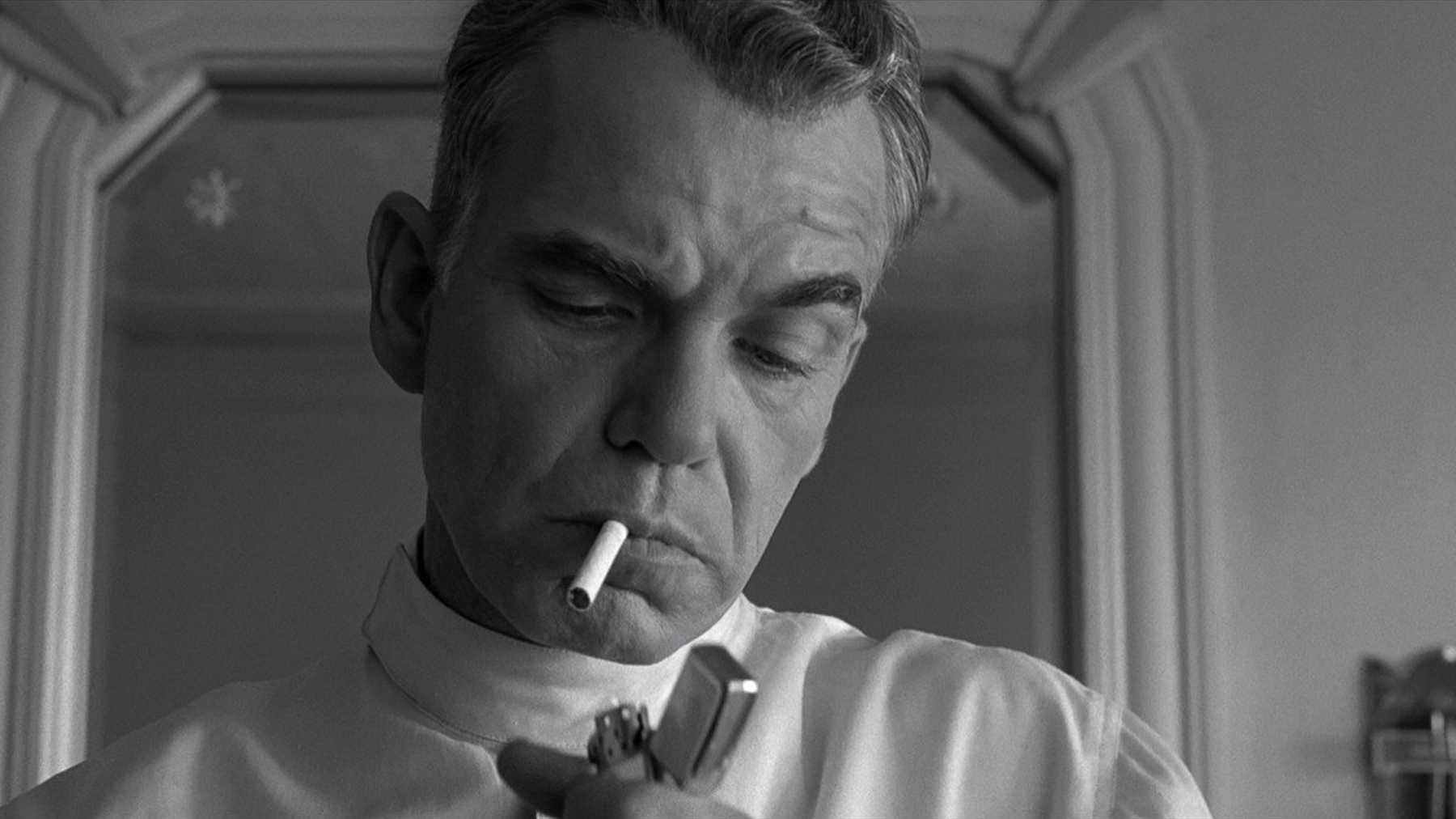
Adultery takes center stage once again in this meditative crime drama starring Billy Bob Thornton doing his best Humphrey Bogart impression as a stoic man who needs only a blank stare and an occasional grimace to make his presence felt. Swept with cosmic dread, moody voiceovers and crisp black-and-white cinematography, the Coens do their best to resurrect the hard-boiled noir of yesteryear, thrusting us into postwar Santa Barbara where a soft-spoken barber exacts revenge on his philandering boss while he ponders about the futility of his existence.
At first glance, all of this can seem a bit too gloomy and ponderous for one’s taste. And while it’s true that ‘The Man Who Wasn’t There’ juggles many serious themes at its fold — and might very well be the most bitter Coen film bar ‘A Serious Man’ — it is anything but tedious. Roger Deakins’ superb visuals and Thornton’s poignant performance are both more than enough reasons to revisit this often-underrated entry in the Coen canon.
9. Burn After Reading (2008)
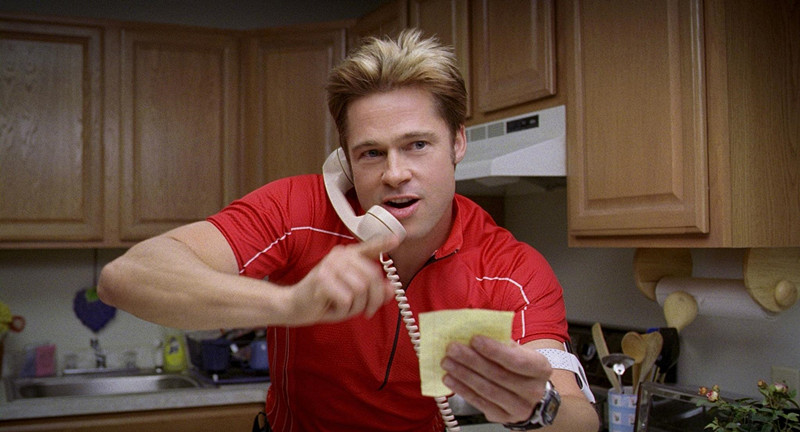
Only the Coens could get away with following up a somber, Best Picture-winning drama like ‘No Country for Old Men’ by going full on farce in their goofiest pitch-black comedy to date. The fact that their brand of quirk is cranked to eleven works twofold — creating a hilarious, over-the-top ‘Jason Bourne’ spoof that rivals any of their previous antics in sheer entertainment value, if becoming a bit overbearing to sit through for the uninitiated viewer.
In layman’s terms, ‘Burn After Reading’ is a story about dumb people doing even dumber things. Two witless gym employees come into the possession of a CD containing the memoirs of a retired CIA agent, triggering a labyrinthine cat-and-mouse chase between equally moronic sides that soon spins out of control in unexpected ways. While the film has its rough patches, the Coens orchestrate their goofy ensemble with no mercy and turn two of America’s sweethearts (Brad Pitt and George Clooney) into complete doofus. The results are hysterical.
The world may be run by incompetent idiots, but as Japanese legend Akira Kurosawa famously said: “In a mad world, only the mad are sane”.
8. Raising Arizona (1987)
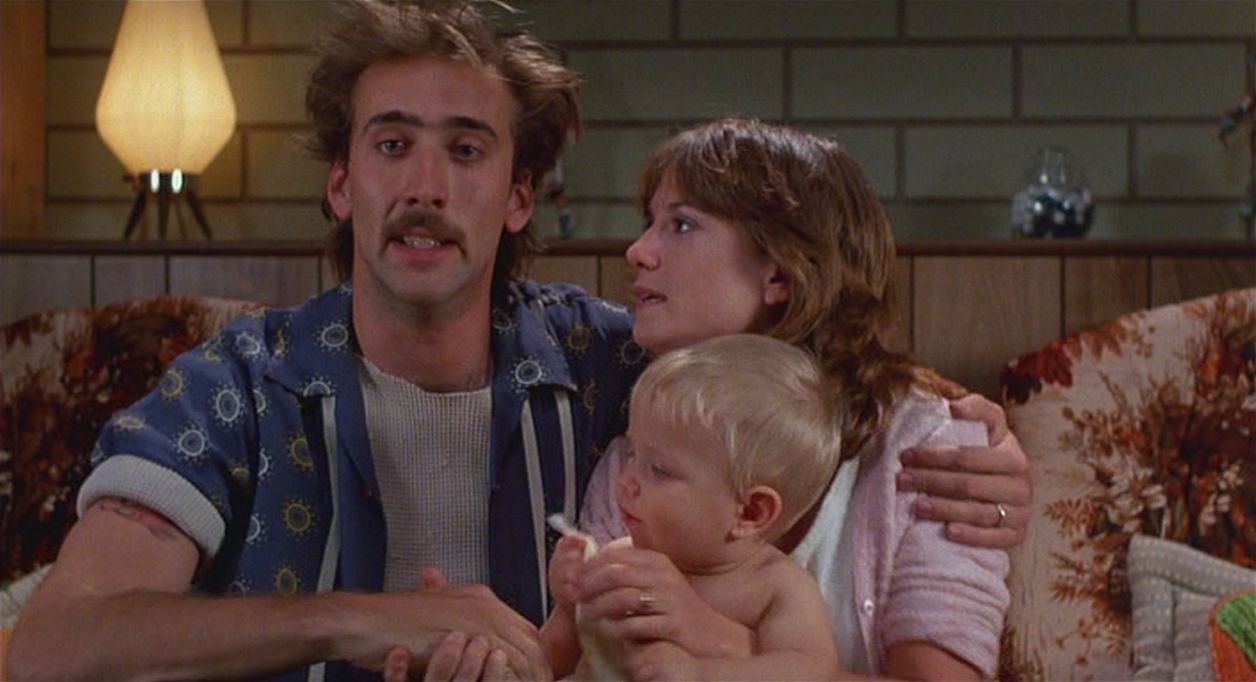
Equal parts a charming little slice of Americana, heartfelt family drama and ‘Mad Max’ pastiche, the Coen’s second feature officially put them in the map and catapulted them into the realm of major players in Hollywood for decades to come.
Among many other things, ‘Raising Arizona’ gifted us with one of the premier characters in their corpus in the form of H.I. (Nic Cage in his finest hour), an erratic yet endlessly lovable ex-con who falls for a local cop and tries to settle down and raise a family. Upon finding out they can’t have children together, this simpleton couple comes up with the not-so-bright idea of kidnapping one of a batch of quintuplets newly born to a local business magnate — an ill-advised scheme that wreaks havoc on their small Arizona town and soon blows up in their face.
Whereas in ‘Burn After Reading’, the Coens found great enjoyment playing evil God with their characters, in ‘Raising Arizona’ they showed more of a tender heart. Hidden beneath a visage of breezy playfulness, you’ll find a poignant story about two social misfits trying to right their wrongs who have plenty of parental love and no way to unload it.
7. Barton Fink (1991)
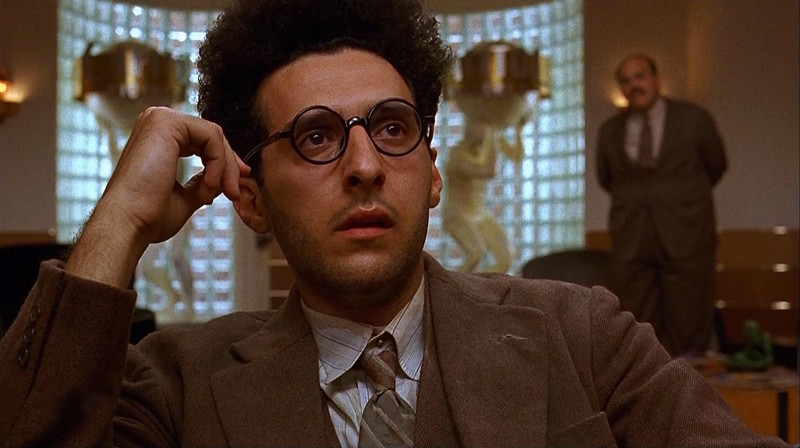
We’ve now reached the cream of the crop, meaning that although some rankings might feel low they’re nothing to scoff at. This Palme d’Or winner puts us in the shoes of an idealistic Broadway playwright (John Turturro) who makes the leap to Hollywood with lofty goals in mind as the newest hotshot screenwriter in town. Co-written by the Minnesotan-based duo while they were suffering from writer’s block themselves, the film mainly serves as a fascinating window into the creative act as well as a wry mock-vision of the 1930’s showbiz.
The film plumbs and deepens the Coens’ distaste for the film industry, a concept illustrated so many times throughout their career that is foregrounded here through Fink’s spiritual endeavors as he battles through besieging deadlines, lack of inspiration and the seemingly paradoxical dilemma of pursuing artistic integrity in a money-driven business. And yet, though Fink fills in as our moral compass and martyr against Hollywood’s unrelenting and exploitative machine, the film is far from being a pat on the back to every fellow tortured artist — in fact, the Coens repeatedly poke fun at Fink’s own delusions of grandeur and self-aggrandizing vanity.
Packed to the brim with obscure allusions, dreadful surrealism and esoteric metaphors, ‘Fink’ is a hard nut to crack, but its message feels as timely today as it once was thirty years ago.
6. O Brother, Where Art Thou? (2000)
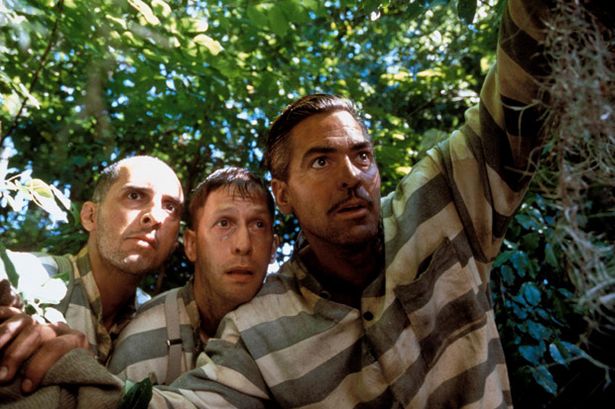
If there’s one defining trait burrowed deep into the Coens’ work is their acute sense of time and space as America’s chief excavators of the past. Their knack for historical authenticity paid dividends in period pieces like ‘Miller’s Crossing’, while their signature use of folksy vernacular is essential to the enduring charm of ‘Raising Arizona’ and ‘Fargo’. But both of these evocative qualities might be best enjoyed in ‘O Brother, Where Art Thou?’, a film that juggles Greek mythology, bluegrass tunes and Preston Sturges nods in a gleeful odyssey throughout the Depression-era Deep South.
The film functions primarily as a musical road movie that zeroes in on an ill-matched trio of ex-cons (George Clooney, Tim Blake Nelson and John Turturro) as they escape from a chain gang on a hunt for treasure — bumping into the law, con men, sirens, a crooked Bible salesman and even a Klan’s rally in a snowball of comic hysterics. It may not reach the historic highs of a few god-tier Coen entries, but there’s a brazen vitality beaming through the whole runtime that feels wholly contagious. The next Soggy Bottoms Boys hit album is about 90 years overdue.
5. Miller’s Crossing (1990)
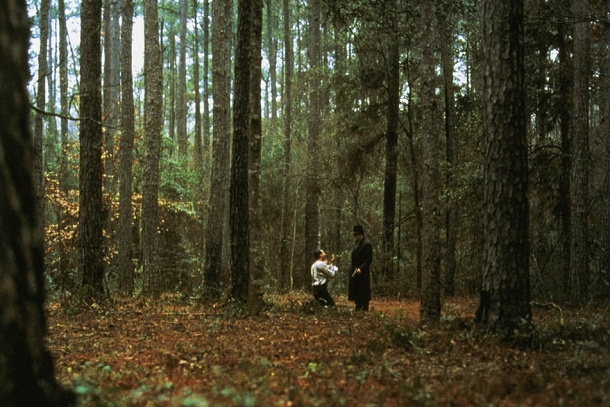
In 1990, the Coen brothers went toe to toe with two titans like Martin Scorsese (‘Goodfellas’) and Francis Ford Coppola (‘The Godfather Part III’) in the battle for the ultimate gangster flick of the year. And though their Prohibition-era saga flew under the radar and didn’t fare too well at the box office, it’s safe to say now with the benefit of hindsight that they valiantly held their own.
Greed — the chronic ailment of society that wraps its tendrils around so many Coen characters — is once again the driving force of this narrative; pitting corrupt mob bosses against one another in a whirlwind of betrayal, reprisal and death. Drawing inspiration from Hammett’s novel ‘Red Harvest’, the Coens thrusts us into the lawless milieu of organized crime where two feuding gangs (Italian and Irish) lock horns once and again. Nothing is off the table for Tom (Gabriel Byrne), an effortlessly cool, two-timing errand boy who finds himself in the middle of the strife while he tries to come out of it unscathed if not profit from it — loyalty and blood ties be damned.
Though it may not compete with the higher echelon of Coen films when it comes to emotional resonance, ‘Miller’s Crossing’ more than makes up for it with heaps of style and flair that only the minds of Joel and Ethan could muster. If by the time the credits roll you don’t feel the urge to wear fedoras, you’re doing it wrong pal.
4. No Country for Old Men (2007)
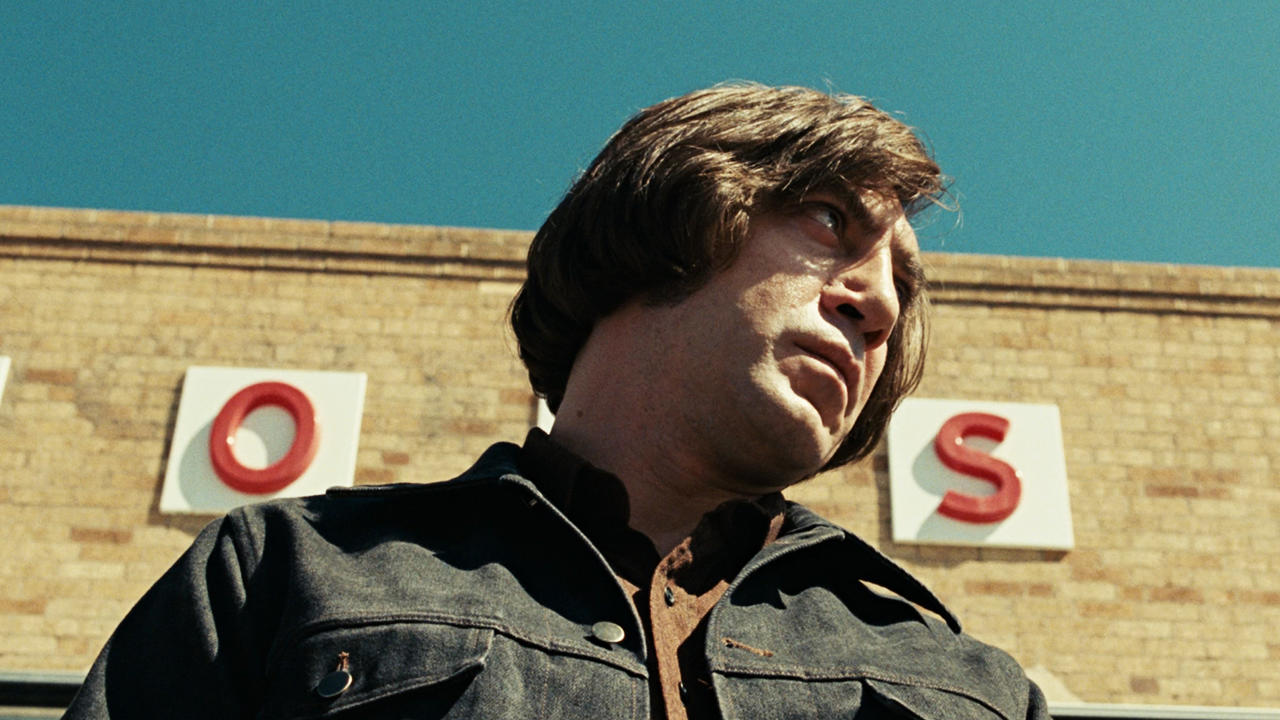
What else is there to be said? Any praise or observation has long become redundant when talking about one of the most chewed over and heralded movies in recent memory — especially one that’s kept slithering back into pop culture discourse every now and then for the past fifteen years. Let’s start with the facts: ‘No Country for Old Men’ swept the Oscars in a stacked year loaded with instant classics and forever immortalized Anton Chigurh as Gen-Z’s signature Villain with a capital V.
Every previous Coen film, including their comedies, had come with a healthy dose of existential nihilism. But never had it been manifested in such a palpable way before; in this case embodied by a laconic, bowl-cut sociopath that sent shivers down our spines and lodged into the memory’s bank of every viewer back in 2007. ‘No Country for Old Men’ deftly showcases the Coens’ uncanny ability to break conventions and weaponize the audience’s expectations at their own expense, luring us into a seemingly conventional thriller before pulling the rug out from under us. This is the case of a film that defies genre pigeonholing — threading the needle between revisionist western, apocalyptic thriller and full-tilt slasher while a looming dread seeps into the whole narrative.
It’s to eat or be eaten in the Coens’ world, and sometimes the line between life and death is separated by a simple coin toss.
3. Inside Llewyn Davis (2013)
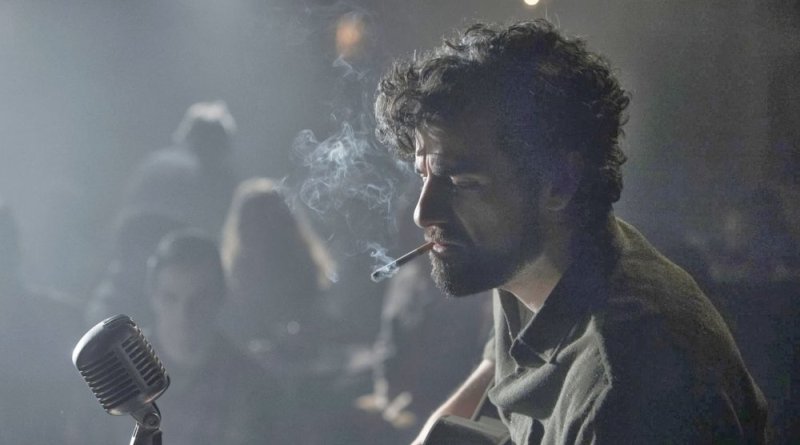
Following a slew of gargantuan productions, the Minnesota-based duo wisely decided to scale things down and go back to what they do best — putting a hopeless loser through the wringer for two hours. Oddly enough, this resulted in a heartfelt character study and perhaps one of the most unexpectedly comforting entries in their entire catalog.
Turning the clock back to 1961, ‘Inside Llewyn Davis’ charts the artistic endeavors of an unlucky folk singer who’s perpetually looking for his lucky break — something not many Coen protagonists ever find. This can partly be attributed to one vital, incontrovertible fact: that watching a self-sabotaging lummox dangle on the edge of oblivion makes for great entertainment.
This rings true with Llewyn Davis, a flawed yet lovable drifter whose professional shortcomings require a great deal of soul-searching as he tries to find purpose in a ruthless industry that doesn’t seem to value his talents. And though he doesn’t come off as insecure as Larry Gobnik, as self-absorbed as Barton Fink or as downright pathetic as Jerry Lundegaard, Llewyn has all the makings of a classic Coen loser. Watching him navigate his life and second-guess his vocation can be emotionally draining, but if anything, realizing we’re all equally bound to the whims of fate can be somewhat cathartic.
2. Fargo (1996)
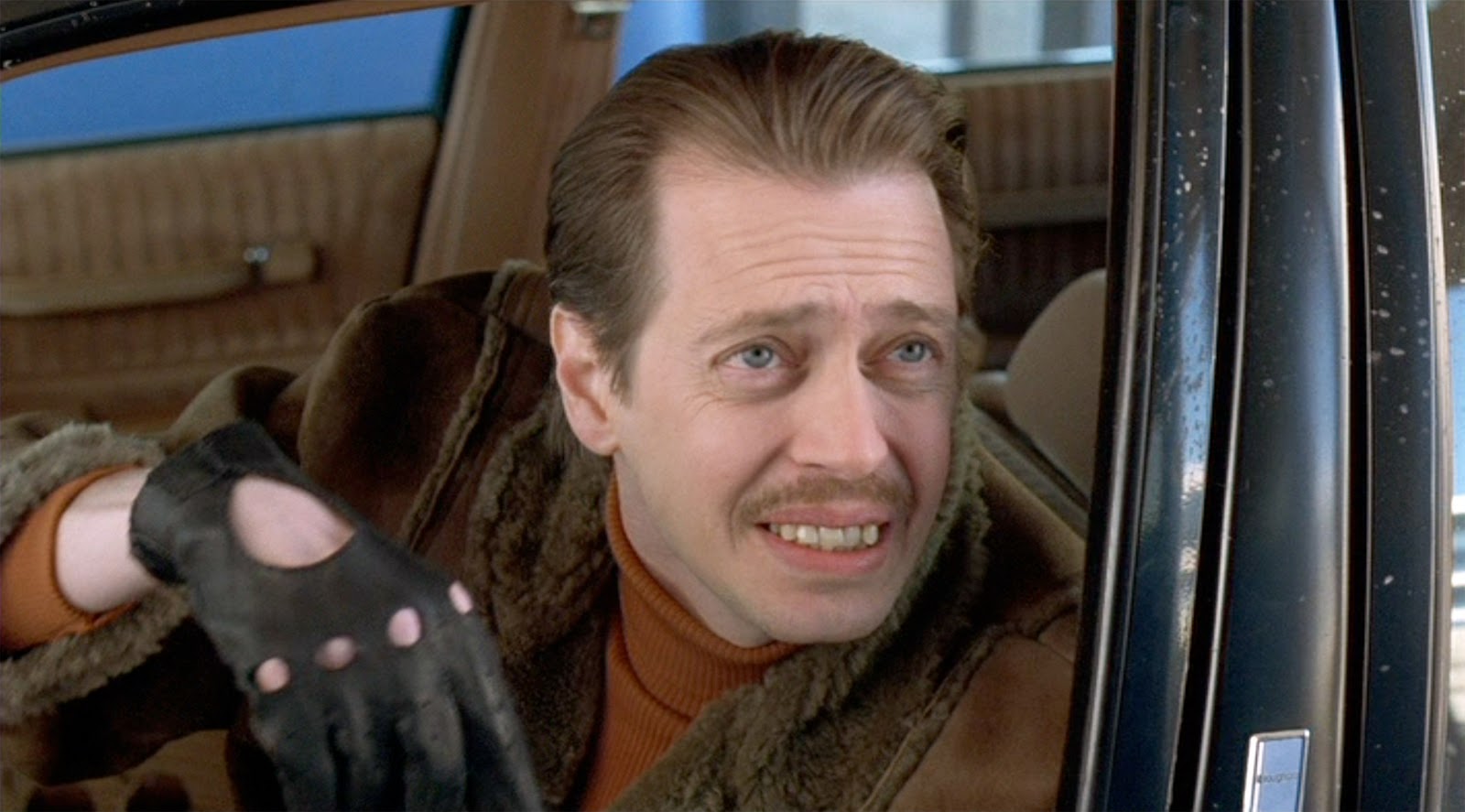
“There’s more to life than a little money, you know. Don’t you know that?”
This simple statement uttered by pregnant police chief Marge Gunderson (Frances McDormand) at the end of ‘Fargo’ is something that the Coens have been desperately trying to convey for the past forty years or so. Much like Tommy Lee Jones in ‘No Country for Old Men’, Marge can’t wrap her head around the intricate clockwork of heedless violence, sin and lethally intersecting misunderstandings that surround her. In that regard, ’Fargo’ is a fascinating prism through which to view what the directors’ have been meticulously deconstructing throughout their career — juxtaposing the folksy cheeriness of a mild-mannered small-town with grotesque bursts of violence that underscore the destructive nature of greed and the many contradictions of life.
The whole plot is set in motion by a shady car dealer who fumbles himself into trouble after hiring two incompetent, trigger-happy thugs to kidnap his wife while he collects a hefty ransom from her obscenely rich father-in-law. Needless to say, the scheme backfires spectacularly and triggers a chaotic investigation where our neighborly heroine tries to piece it all together. Fargo’s unique blend of comedy and drama has been endlessly replicated in film and most recently through FX’s spin-off series of the same name. But no copycat has ever managed to capture the tender humanism and emotional depth that the Coens infused the original with by way of Marge and her supportive husband’s relationship. Call me tomorrow and this might be number one then.
1. The Big Lebowski (1998)
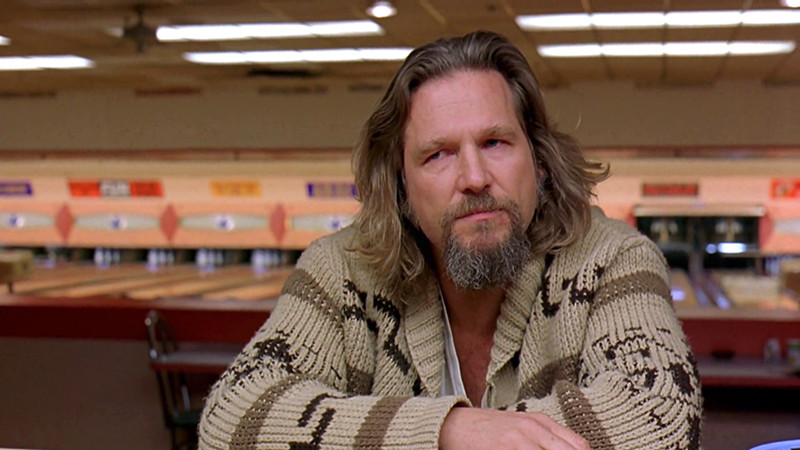
Here’s the thing with ‘The Big Lebowski’ — it’s at once a pop culture phenomenon that most of us can recite like gospel and yet one that only grows more and more engrossing with every new showing. Not necessarily in terms of getting a better grasp of the main narrative, as its overly-complex and ultimately inconsequential mystery is merely a vehicle for characterization and certainly not intended to be fully understood. At the heart of it all is Jeff ‘The Dude’ Lebowski — a perpetually-stoned, middle-aged slacker who can barely summon the motivation to get out of bed every morning and who finds himself embroiled in a maelstrom of mistaken identities and blackmail all but heightened by a haze of smoked joints.
The biggest strength of the film lies in how it’s as universally accessible as it is meticulously layered — fusing highbrow and lowbrow humor into one explosive cocktail of pure Americana where nothing is off the table — ’60s counterculture, left-wing activism, post-Vietnam patriotism, avant-garde artists, patronizing tycoons, pornography moguls, Cubans, George H.W. Bush… Though the story is remarkably loose, the Coens waste virtually zero scenes before mocking all parties involved in an unrelenting barrage of in-jokes, gags and witty callbacks.
For better or worse, there will never be anything quite like ‘The Big Lebowski’, and that might be just enough to push it past the goal line in the game of inches that is crowning the best Coen film of all. But that’s just, like, my opinion, man.